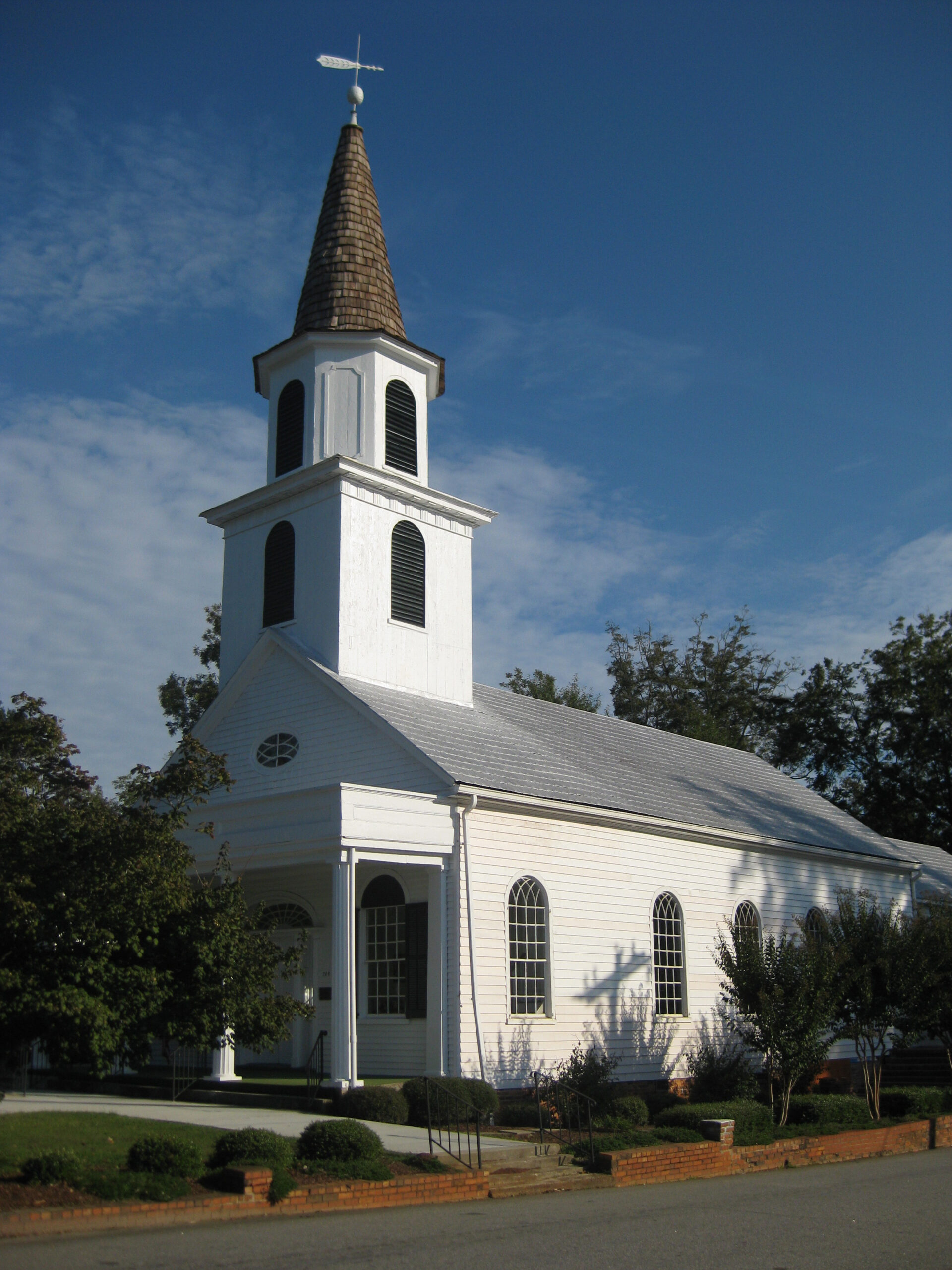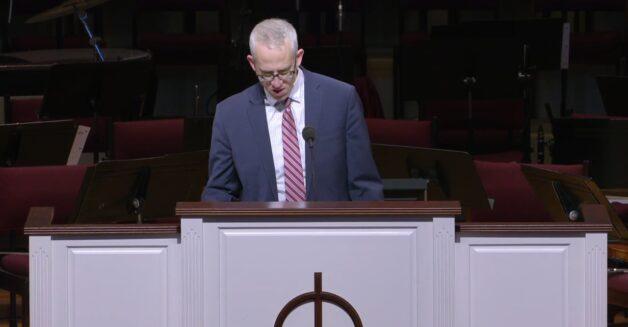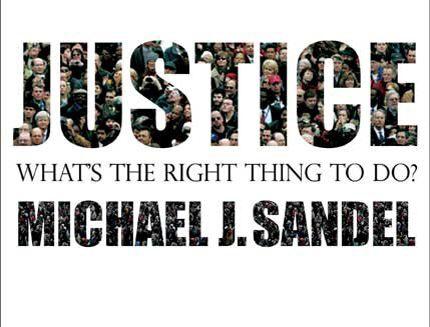
Yesterday 9Marks released a new Journal on Authority: God’s Good and Dangerous Gift. I always look forward to reading these journals, and this one is no exception. For one of their articles, 9Marks asked three pastors from three different traditions to answer the question: What is the nature of a pastor’s authority? My answer is below.
A Presbyterian Perspective
Since the word count is limited, and I was asked to give a “perspective” not a “polemic,” I’m going to focus on the nuts and bolts of pastoral authority as we practice it, rather than giving a biblical, historical, and theological rationale for the Presbyterian system. If you want the skinny on Presbyterian polity check out Guy Waters’ fine book How Jesus Runs the Church; and if you want the fat pick up James Bannerman’s classic The Church of Christ. But I’m going to forgo the why questions and get right to the what.
The pastor’s authority in Presbyterian polity is an authority shared with all the elders and exercised jointly through the Session and the other courts of the church.
Whether a church has elders and pastors as two different offices (like most Reformed churches), or teaching elders (i.e. pastors) and ruling elders as different designations within one office (as in most Presbyterian churches), the net result is more or less the same. At the local level, the authority to receive members into the congregation, exercise discipline, and establish rules for the government, worship, and theological integrity of the church rests with the board of elders (usually called the Session, or in Reformed polity, the Consistory).
In the Presbyterian Church in America, there are three “courts” in which this authority is exercised: the Session (the pastors and elders in the local church), the Presbytery (the pastors and churches—represented by the ruling elders—in a geographic area), and the General Assembly (all the churches in the denomination). The nature of the pastor’s formal authority is simply this: he has a voice and a vote in each of these courts. The Presbyterian pastor is not a bishop, nor the de facto ruler in his own little fiefdom. He is a teaching elder, whose vote counts no more and no less than the other installed teaching and ruling elders—whether that vote is for a member to be excommunicated, to plant a church, or to pass a licentiate’s ordination exam.
This means the pastor’s authority may look big or small depending on your church experience. Pastoral authority in Presbyterianism can look big because almost every formal decision resides with the Session (rather than the whole congregation). Apart from calling a pastor and voting on church officers, most congregational votes in Presbyterianism are only advisory. So, the pastor, as a key member of the Session, can wield tremendous influence. On the other hand, the pastor’s authority may be less than you think. He doesn’t always get his way. He can (and does!) get outvoted. He has no more formal authority than any of the other elders. Furthermore, he must submit himself to the Presbytery for spiritual care and accountability, and above that to the General Assembly.
Of course, formal authority is only one part of the equation. The teaching elder who preaches week after week to the same people will inevitably set the doctrinal, doxological, and evangelistic direction for the church. In most Presbyterian churches, the pastor knows the people best and speaks to them most. If the congregational dynamics are healthy, most people will follow the pastor’s leadership (in a host of areas) and consider him the “buck stops here” voice on whether dozens of little projects move forward or not. Moreover, as the moderator of the Session (as stipulated by the Book of Church Order), the pastor will normally set the literal agenda for the elders and preside over all meetings. In larger churches, the senior pastor is typically at the head of organizational chart, with staff members ultimately reporting to him even as he gives account to the Session and the Presbytery. Under the Session, the senior pastor usually has the final determination in what takes place in the weekly worship service.
In short, the nature of pastoral authority in Presbyterianism is both informal (in dozens of areas, from preaching, to casting vision, to having a broad understanding of the issues in the church, to making lots of daily decisions), formal (as a member and moderator of the Session), and shared (as only one voice and one vote when it comes to making the most important decisions facing the courts of the church).



